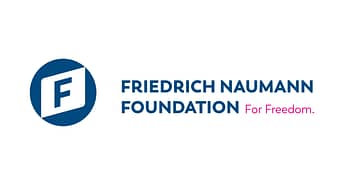By Ana Romero Vicente, EU DisinfoLab
introduction
- Spain is very permeable to disinformation, and almost any topic or event can be instrumentalised to generate deceitful content (e.g., social and economic issues, race, gender, religion, technology, education, regional political tension, etc.). Narratives are often overlapped within the same hoax and recycled from one crisis to the other.
- The Spanish disinformation landscape stands out for its acute political and media polarisation, usually in the form of misleading content. Malign actors mix real data with distorted or outright false information, exploiting the public’s legitimate concerns and destabilising the audience by making it difficult to discern reality.
- In recent years, Spain has been affected by various disinformation campaigns that promote democratic destabilisation, often of unknown origin, or encouraged by foreign actors and later amplified by national actors.
- According to this latest survey, more than 80% of Spaniards believe that disinformation is a problem in the country, and civil society is undoubtedly resilient to it. Spain has a dense network of official fact-checkers, several media literacy experts, and related initiatives, as well as a nascent legislative mechanism in response to disinformation.
To gain a more accurate understanding of the Spanish disinformation landscape, click on the below button.
We have more European country factsheets. Curious to discover the others? Click here.
This project is funded by the Friedrich Naumann Foundation for Freedom.



